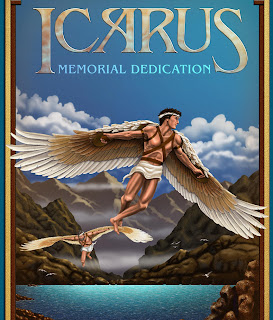Satan: Evil Personified or God's Test to the Faith

Satan Prosecutor of Heaven Tester of Faith of GOD Accuser of Mankind Lord of Hell Satan is rather misunderstood in part because of the varying views of Satan, Lucifer and the Christian Devil. Satan is the Hebrew translation of the Egyptian God Set, making Satan a God. But there is academic disagreement about this connection between the Hebrew Satan and the Egyptian Set. Many people turn to the LeVey Satanists and take their cue from their definition of Satan as a God. At the same time, Satan is also confused with Lucifer, the Light Bringer. And then there's the Christian view that Satan is the adversary of God and the accuser of Mankind. Not often thought of an Archangel, it's important to remember that Satan was an Archangel long before he was associated as the Ruler of Hell and Evil, and nemesis of Mankind. Hebrew Satan Literally his name translates as "adversary" or "accuser" In the Book of Job, ha-satan ("the adversary")...




